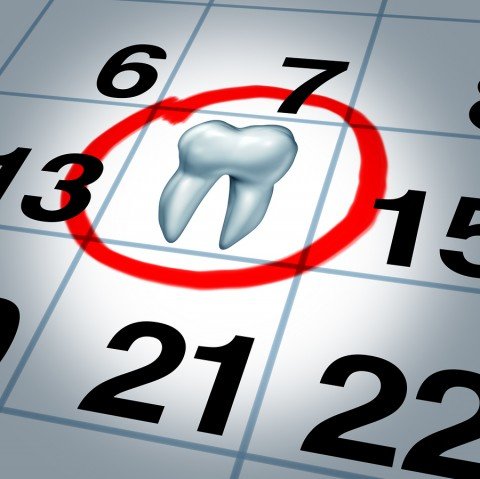Dental Practice Management
Optimize Scheduling with Dental Consultant Tips
A well-designed schedule is vital to avoid a rushed, hectic practice, a principle top dental consultants emphasize. The purpose of block scheduling, as recommended by dental consultants, is to reduce stress, maintain consistent production, and potentially increase output. Follow these implementation steps with expert guidelines.
Time Study
Over two to three weeks, gather accurate procedure times, a practice top dental consultants suggest. Involve all staff to create an index card for each patient, noting: 1. Arrival time, 2. Seating time, 3. Procedure start time, 4. Procedure end time. At the end, average the times, a method dental consultants endorse.
Provider times vary, so dental consultants advise scheduling based on each provider’s specific times.
Daily Production Goal
Divide your average monthly production from the past four months by the current month’s working days, a calculation top dental consultants recommend, to set the minimum daily production goal. Increase it by 5%-10% if desired, as suggested by dental consultants.
Scheduling Appointments
Major (crown & bridge, partials, veneers), minor (amalgams, composites, root canals), and miscellaneous (exams, emergencies) appointments should follow these steps, as advised by dental consultants: 1. Schedule using average times unless the doctor or hygienist requests more based on patient needs. 2. Start with major appointments. 3. Place the longest major appointment first, as dental consultants note doctors are freshest then. 4. Fill remaining major slots until lunch, ideally hitting 75% of the daily goal. 5. Allocate two to three hours post-lunch for minor and miscellaneous. 6. Book appointments ten minutes before the prior one ends (e.g., 10:50am after 11:00am, or 1:50pm for a 2:00-3:30pm slot). 7. Avoid minor/miscellaneous mid-major appointments.
Offering Appointments
1. Never ask patients what time works, a rule top dental consultants enforce. 2. Offer the next two available slots best for the schedule; if unsuitable, offer the next two, as dental consultants recommend. 3. For hesitant patients, convey urgency—e.g., “The doctor advises against waiting”—and use patient education tips like photos to reduce insurance denials, a strategy top dental consultants support.
Example: "The doctor doesn’t think it’s wise to wait, so if you can adjust, we have 2:00 pm tomorrow or 11:00am the next day."
4. For delays beyond a week, note preferences in the chart and add to the short call list, a strategy dental consultants support.
Accountability
1. Assign one person to oversee the schedule, as top dental consultants advise. 2. Other staff scheduling must follow these guidelines. 3. All appointments need the scheduler’s initials, a practice dental consultants endorse.
Stay On Schedule
1. Limit extra work unless it won’t delay the next patient, a rule dental consultants emphasize. 2. Aim for one assistant per room, responsible for production. 3. Delegate tasks like x-rays. 4. Use an Emergency Call In Form to verify emergencies, noting potential waits, a tactic top dental consultants recommend. 5. Name emergency slots in the daily huddle. 6. See late patients only if it won’t delay others, with doctor/hygienist approval. 7. Double-book with the short call list if unconfirmed, seeing the unconfirmed after, with approval. 8. If behind, ask the next patient to wait or reschedule, a strategy top dental consultants suggest.

